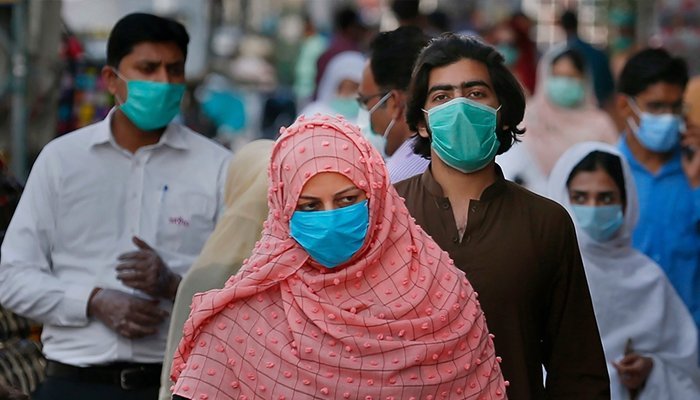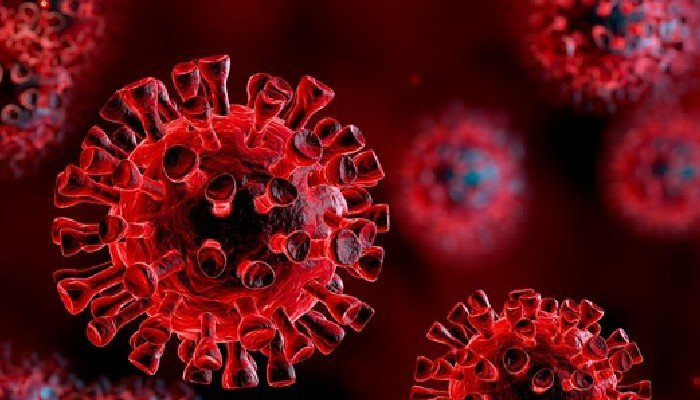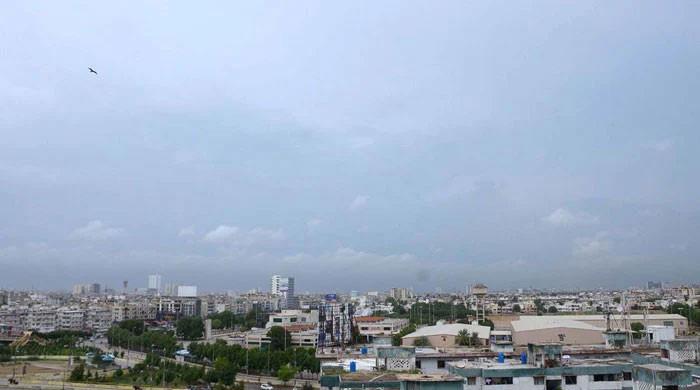Explainer: All you need to know about the Delta variant
The Delta variant now accounts for the majority of the coronavirus cases across the world and Pakistan
August 05, 2021

The spread of the ultra contagious Delta variant – first identified in India – has prompted brand new restrictions from health officials all over the world, reported The New York Times.
As Pakistan makes it through the fourth wave of coronavirus, it was reported in mid-July that at least 50% of COVID-19 cases being reported in the country are caused by the Delta variant, however, the exact spread of the Delta variant is difficult to map as Pakistan does not have the capacity to sequence coronavirus tests.
In late July, a study conducted by Karachi University’s National Institute of Virology said that the Delta variant accounts for 100% of cases in the metropolis. The lab conducted genome typing of 80 samples and all cases turned out to be carrying the Delta variant.
Last Friday, the US Centers for Disease Control and Prevention described the Delta variant to be as contagious as chickenpox, The New York Times reported citing an internal CDC document.
The document highlighted that no vaccine is fully effective against the Delta variant but vaccines can provide protection against “severe disease and death”. A study also showed that vaccinated people can transmit the virus if infected by the Delta variant.
The variant has been flagged by the World Health Organisation (WHO) as one of several “concerning variants”, it spreads rapidly and is a major concern where vaccination rates remain low.
Read on to get an understanding of what the Delta variant is.

What is the Delta variant?
Delta variant is a modification of the original coronavirus discovered in late 2019. Studies suggest that the Delta variant is roughly twice more contagious than the original coronavirus.
CDC also reported that the Delta variant is “likely” to be more severe and it can partially evade antibodies created after vaccination or a coronavirus infection.
Where is the Delta variant spreading?
The Delta variant has been reported in at least 132 countries after being first identified in India. The WHO also reported that the sudden increase in coronavirus infections all across the world is mainly due to the spread of the “highly transmissible” Delta variant.
Within Asia, several countries including Bangladesh, Malaysia, Thailand, and Vietnam have reported a sharp increase in coronavirus cases due to the Delta variant as reported by BBC.
Do the symptoms differ for the Delta variant?
Currently, there is no concrete data that suggests symptoms of the delta variant are different from a regular coronavirus case.
The symptoms include headaches, sore throat, runny nose, fever, cough, and loss of smell and taste.
Most medical practitioners suggest that the severity of COVID-19 varies from person to person and is not entirely dependant on the type of strain the person has contracted.
I’m vaccinated, should I be worried?
Currently, there is no concrete evidence that shows how well vaccines hold up against the Delta variant, especially against the widely administered vaccines in Pakistan — Sinopharm and Sinovac.
Former deputy director at the Chinese Center for Disease Control and Prevention told state media that Chinese vaccines are less effective when it comes to the Delta variant.
The vaccines, however, still offer protection from severe symptoms and death. In the Chinese province of southern Guangdong, none of the vaccinated people developed severe symptoms, all severe cases were from unvaccinated people, reported Reuters.
In comparison to western shots, the Pfizer-BioNTech vaccine has been reported to be 88% effective against the Delta variant. Oxford’s AstraZeneca was reported at 67%, Moderna was reported at 65% and concrete data on Johnson & Johnson’s vaccine is unavailable.
Do I still need to wear a mask if I'm vaccinated?
Yes!
Data has shown that while vaccinated people are mostly well-protected against the Delta variant – they either remain asymptomatic or develop mild symptoms – they still can transfer the Delta variant. Therefore, even if you are vaccinated, you should continue to wear a mask and maintain social distancing.
What can I do to keep myself safe?
With no actual solution to the coronavirus epidemic, the best way to stay protected is to get vaccinated and continue following government-mandated standard operating procedures (SOPs).
Research all over has shown that vaccinated people tend to fare better and develop less severe symptoms if infected with the Delta variant.
Get your friends, family, and neighbours vaccinated and continue to avoid unnecessary public gatherings as much as you can.











